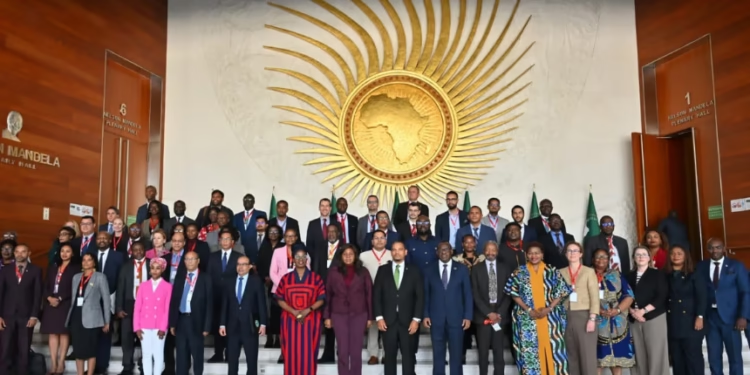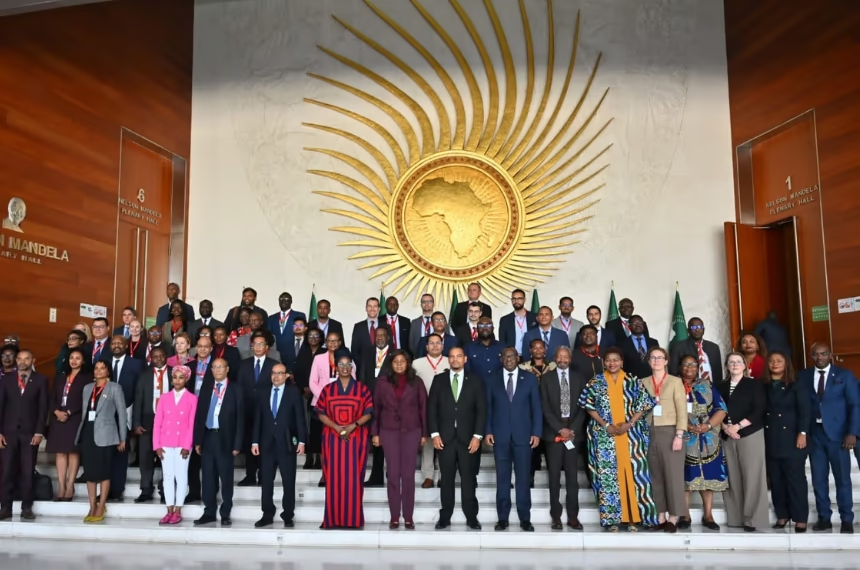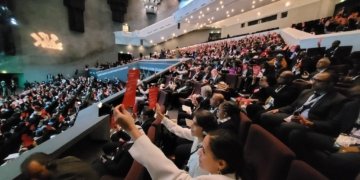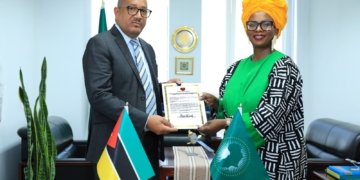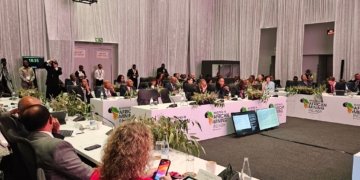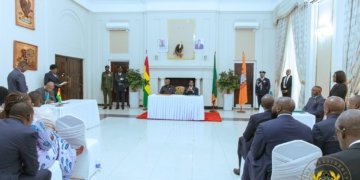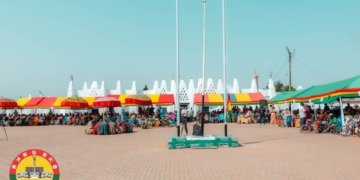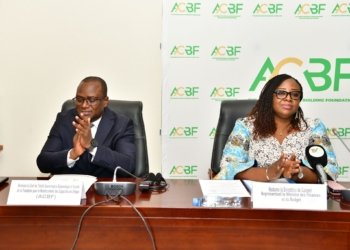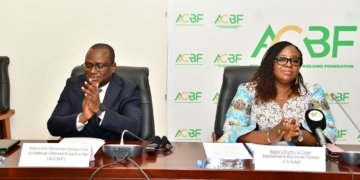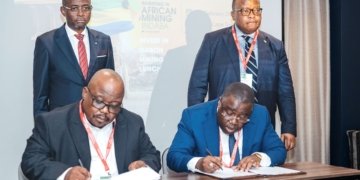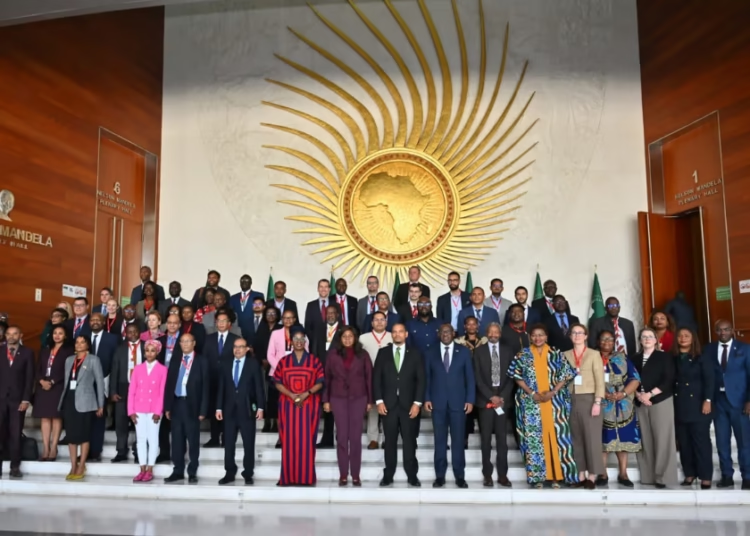African leaders gathered at the African Union Headquarters for the G20–Africa High-Level Dialogue, advancing a coordinated approach to debt sustainability, reform of global financial institutions and the cost of capital for African economies.
The dialogue, held on Nov. 10 under South Africa’s G20 presidency, fed directly into preparations for the upcoming Johannesburg Declaration.
It marked a moment of alignment among AU Member States on how to position the continent within the broader G20 framework.
In remarks following the meeting, South African Deputy Minister of International Relations and Cooperation Alvin Botes said the continent was moving toward greater financial solidarity and self-assessment through homegrown tools.
He cited mechanisms such as the African Peer Review and new continental accreditation agencies as steps toward stronger institutional credibility.
“These mechanisms can help international creditors issue more balanced and evidence-based opinions on African economies,” Botes said, describing them as a way to counter outdated or incomplete assessments from global agencies.
He also emphasized the need for greater accountability at the national level. Botes said the dialogue underscored the urgent responsibility of AU Member States to manage domestic debt more effectively.
“We observed that 23 African countries spend more on debt service than on health and social infrastructure,” he noted, calling it a critical warning for long-term development. “That reality puts development goals under Agenda 2063 at risk.”
The meeting highlighted Africa’s push for reforms in global lending practices and the need for more equitable access to capital.
Leaders argued that current systems often penalize African countries unfairly and that new African-led standards can provide better frameworks for assessme
